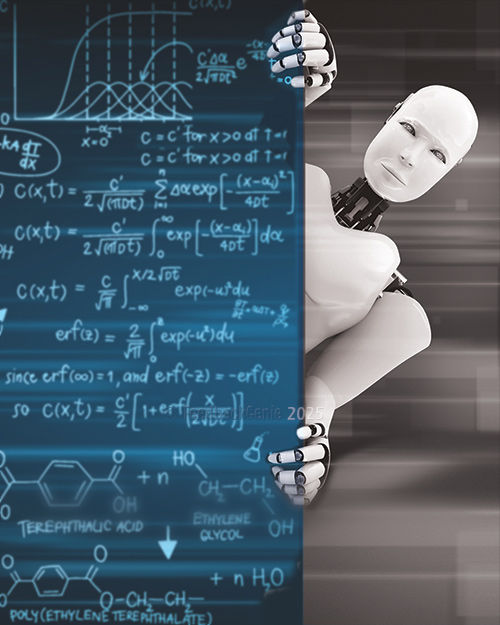Why AI Struggles with Non-Text-Based Assignments
- Brian Woods
2.png/v1/fill/w_320,h_320/file.jpg)
- May 6, 2024
- 2 min read
Updated: Sep 18, 2025

Here's what tech bros don't tell you about AI in education: In terms of feedback, AI can grade a test filled with true/false, short answer and multiple-choice questions in a few seconds. But show it a hand-drawn science poster…a student presentation…or a brilliant diorama of Ancient Rome? Or ask it to evaluate student engagement, problem-solving, or work habits? It ain’t happening. Uhhh, Houston, we’ve got a problem.
Here's the truth: AI is like a GPS that can direct you to make every turn but has no idea why you detoured to grab a bite to eat, pulled over to view the scenery or stopped for gas. It’s great at giving directions, but it can’t understand human meaning, emotion, or the reasons behind our choices.
It also has no eyes. So it can't see: the spark in a student's eyes during discovery…the creative problem-solving in group work…the "aha!" moment during a presentation…or any non-verbal cues that scream "I'm confused but too shy to ask".
This area is teachers’ relative superpower because learning isn't just about right/wrong answers. It's about engagement, creativity, collaboration and those messy, beautiful human moments that happen between desks. A human being sees what AI never will: the whole human being learning, growing, and becoming.
Until every teacher has a robot that can literally see and hear what’s happening in the classroom as well as having the programming to differentiate each student, AI simply cannot perform more qualitative tasks. Many K-12 schools struggle to provide materials such as textbooks, lab equipment and basic supplies. So even if the technology were available today the hardware, networking, and data storage would be cost prohibitive.
The future of education isn't AI versus humans. It's humans plus AI where the strengths of teachers and AI are used thoughtfully and purposefully. And honestly, that's exactly how it should be.
What do you think—are we giving AI too much credit in education?
Other Blog Topics In This Series



Comments